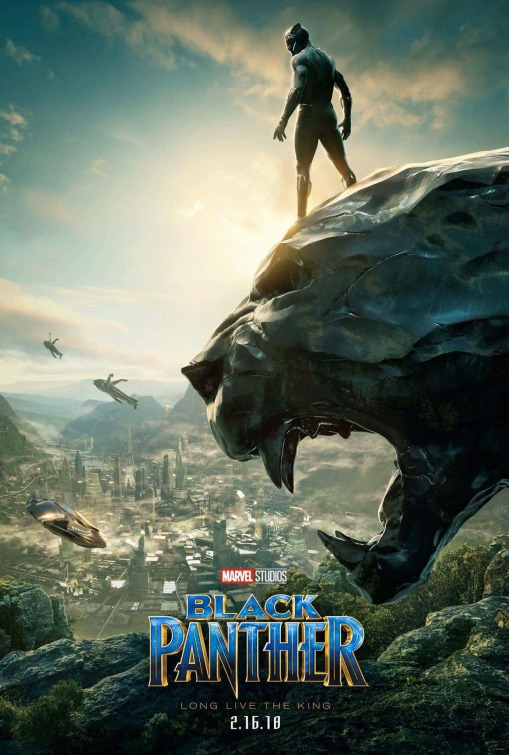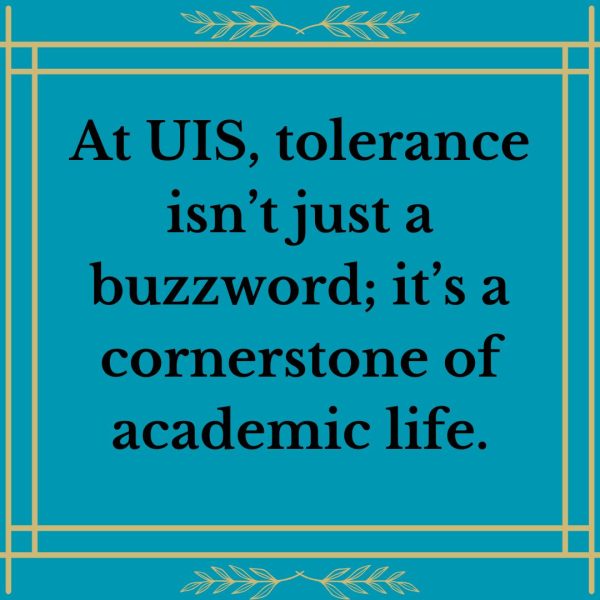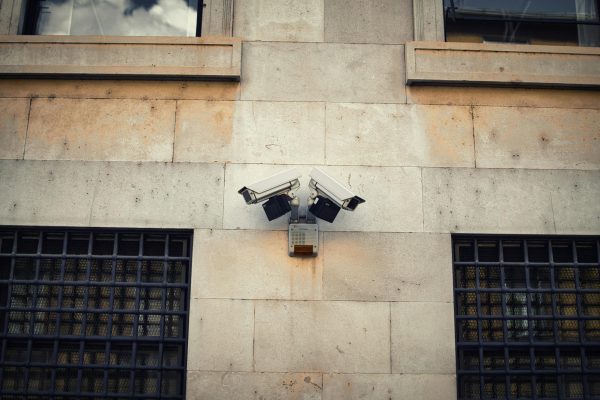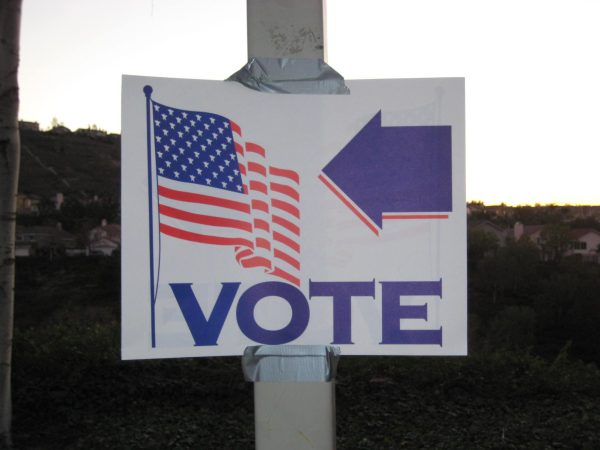Black Panther meets the standard, but not the hype
Marvel has revolutionized the comic book movie adaptation as a genre — that almost goes without saying at this point. Ten or fifteen years ago, if one could name one of the main Avengers, much less the more obscure heroes like Star-Lord, or Daredevil, or even Black Panther for that matter, it was more than fair to say that their geek credentials were firmly in order. Now, I imagine that I’d be hard pressed to find a person on this campus who isn’t familiar with a significant part of Marvel’s heroic lineup. It is fair to say that Marvel has managed to bring their comic book lore into the mainstream pop culture.
The reason I mention all of this is because there was only one way to make comic book adaptations mainstream, to make them absolutely and ridiculously well. Marvel has set a standard of excellence that can be expected of few studios, but is expected nonetheless. Each of the films they have put out as part of their ever-expanding cinematic universe has met that bar, and in many cases, exceeded it.
This leads to Black Panther. The question of whether this is a good movie or not barely even needs to be asked: of course it’s a good movie. The fight scenes are well choreographed, the characters are both realistic and enjoyable, the humor is on point, and the members of the cast carry each of their roles incredibly well. One of the unique pros to this film is that it does provoke some serious thought on serious issues, something that other Marvel films have done, though I’d argue not to this level. Civil War brought up the classic “freedom versus security” question, interesting enough from a philosophical standpoint – and Civil War effectively presents both sides of this debate.
Black Panther takes a step up from this, tackling issues pertinent to our own circumstances, whether or not powerful countries should be expected to extend their resources to the less fortunate, whether or not injustice justifies military force, and is there a moral imperative for countries to open themselves to the problems of others? These are important things to consider in our time, and I’d argue that Black Panther makes a strong presentation for both sides of each debate.
When examined on its own merit, it is beyond question that Black Panther is an excellent film, but as I have said, Black Panther is no ordinary film, it is a Marvel film; with that comes a higher standard, especially when a film has been hyped as much as this one has been. So, does it live up to the hype?
No, it doesn’t. That says less about the movie itself than the amount of hype that has been generated, nothing could have lived up to the hype for this movie. Of course it has its problems: for one, Killmonger is a walking cliché, a very well written and played walking cliché, but a cliché nonetheless. “You killed my father so I’m going to dedicate my life to killing you and stealing your kingdom, I’m evil because I had a rough childhood, I seek to destroy my enemy but cannot see that in doing so I have become him, the villain being a dark reflection of the protagonist.” No amount of skill can hide how overused these clichés are.
Another matter, though this may be more personal taste is that Killmonger just isn’t a fun villain, for the most part. Klaue, the first act villain, is fun — demanding music be played for his car chase, carrying his priceless artifact around in his pocket wrapped in packaging paper, describing a deal devolving into a gun fight as “bloody awesome.” He’s dynamic, and the actor is clearly enjoying himself, which puts him a cut above Killmonger.
All in all, a five out of five movie, but Black Panther is an average movie in an above average genre.










